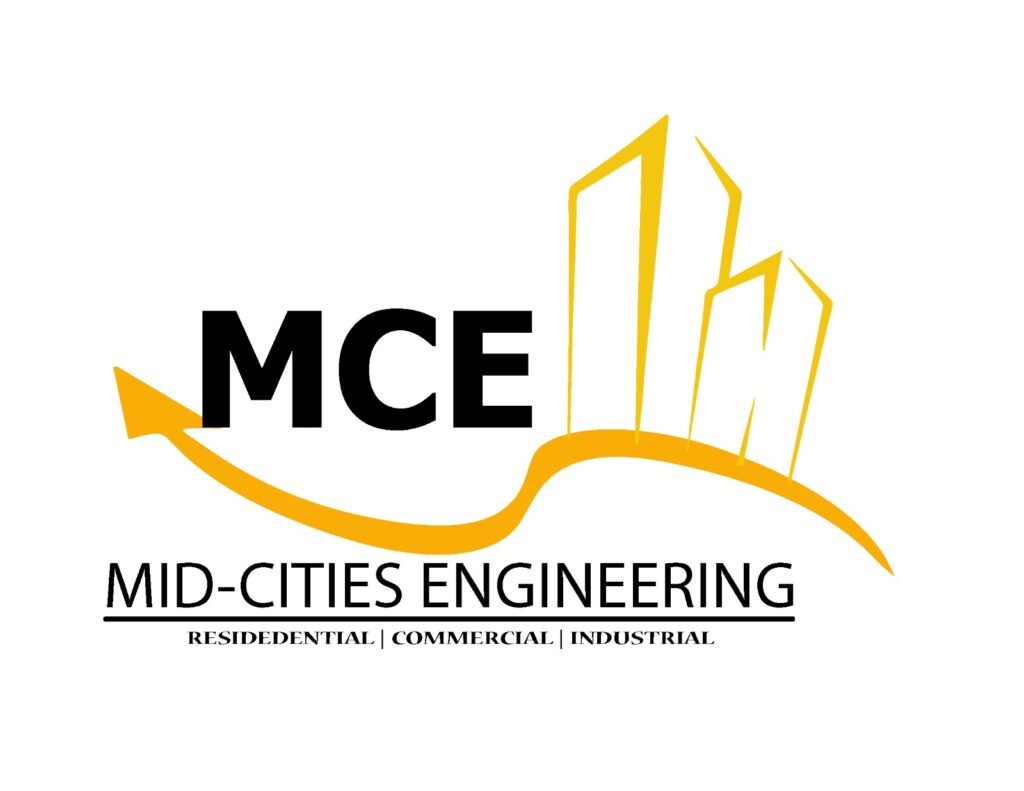Foundation Design
Foundation Design
Foundation design in structural engineering is a crucial aspect of building construction, as it involves determining the most suitable and stable support system for a structure. The foundation serves as the interface between the superstructure and the underlying soil or rock, distributing the loads from the building to the ground in a way that ensures stability, safety, and long-term durability. Effective foundation design is a collaborative effort involving structural engineers, geotechnical engineers, and other professionals to create a solid base for the built environment.
Key Components of Foundation Design
Site Assessment: Foundation design begins with a comprehensive site assessment, evaluating soil characteristics, groundwater levels, and geological conditions.
Load Analysis: Engineers analyze the loads that a structure will encounter, including dead loads (permanent), live loads (temporary), and environmental loads like wind and seismic forces.
Structural Design: The structural design phase involves determining the size, shape, and layout of foundation elements.
Advantages of Foundation Design
- Minimizes the risk of settlement issues, structural tilting, or collapse, providing a solid foundation for the building.
- Prevents overloading of specific areas, ensuring even distribution of weight and minimizing the risk of localized failures.
- Avoids unnecessary expenses by optimizing designs, preventing over-engineering, and making construction more economically viable.
- Ensures that the foundation meets or exceeds safety standards, providing a secure and compliant structure for occupants.

